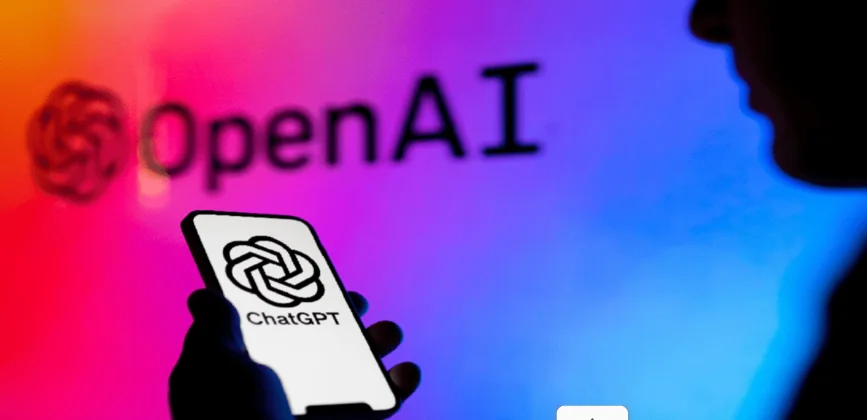Africa is fast becoming one of the most important regions for artificial intelligence (AI) adoption, and conversational AI is leading the charge. With the continent’s strong mobile penetration, youthful demographic, and thriving start-up ecosystem, Africa is uniquely positioned to define how the next generation of AI systems evolves.
1. Massive Mobile Reach: The Foundation for AI Growth
With more than 500 million smartphone users, Africa has become one of the world’s largest mobile markets. This mobile-first environment provides a powerful foundation for mobile-based AI technologies such as chatbots, digital assistants, and voice-driven tools.
From Nigeria to Kenya, AI-powered apps are helping people access healthcare, financial services, and education with a simple tap or voice command. This accessibility is a key reason why AI adoption on mobile is growing faster in Africa than in many other regions.
2. A Young, Tech-Savvy Population
Over 60% of Africans are under the age of 25, making the continent one of the youngest in the world. This youthful population is eager to learn, experiment, and innovate using digital tools.
As platforms like ChatGPT, Gemini, and local AI assistants become more available, African youth are using them to create businesses, learn new skills, and develop local solutions to community challenges. This new generation isn’t just consuming AI, it’s helping to shape how AI is used globally.
3. Local Innovation Driving Real-World Impact
Across Nigeria, Kenya, Ghana, and South Africa, a wave of start-ups and research labs are developing AI solutions tailored to African challenges.
- In agriculture, AI helps farmers detect crop diseases and optimize yields.
- In finance, conversational AI enables micro-loans, mobile banking, and fraud detection.
- In education, AI tutors are making personalized learning accessible even in remote areas.
These innovations show that Africa is not merely a market for global AI tools, it’s an active creator and testbed for the next generation of intelligent, inclusive technologies.
4. Africa as a Global Testbed for Inclusive AI
With its mix of challenges and opportunities, Africa provides a real-world environment to test scalable, inclusive AI systems. Companies like OpenAI and Google see the region as a proving ground for developing AI models that understand diverse languages, cultural contexts, and connectivity levels.
As conversational AI becomes more integrated into daily life, Africa’s experiences will help shape how these systems evolve, not just for Africans, but for the world.
Conclusion: The Next AI Frontier
Africa’s rapid adoption of conversational AI represents a turning point in the continent’s digital transformation. With mobile connectivity, youthful energy, and local creativity at its core, Africa isn’t just catching up in AI, it’s helping to define the future of it.












